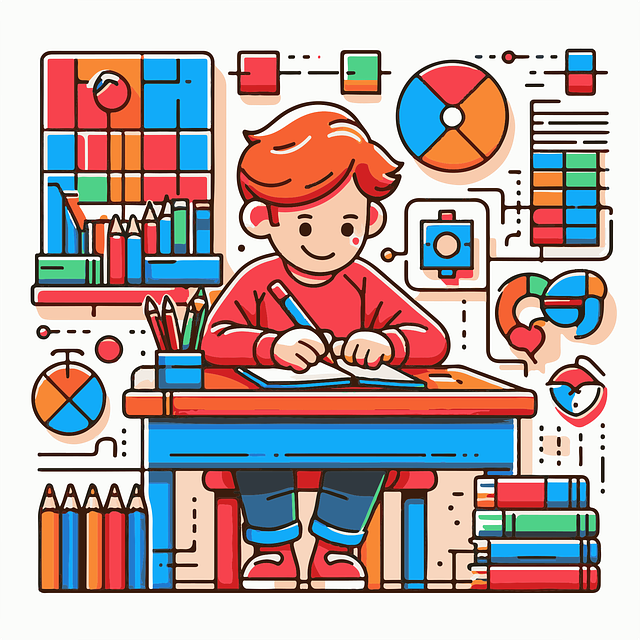Local tutoring and education services offer personalized instruction that significantly improves educational outcomes for students facing difficulties. These services are tailored to address individual learning challenges by skilled tutors who provide customized strategies and allow students to progress at their own pace. This tailored approach leads to better understanding, retention of academic material, and boosts academic confidence through a non-judgmental environment where questions can be asked without fear, and skills practiced with immediate feedback. Supplementary educational resources are also made available, enriching the school curriculum and further supporting learning. The collaborative nature of local tutoring centers not only fills knowledge gaps but also equips students with tools necessary for academic success. By working in tandem with traditional classroom education, local tutoring services amplify personalized learning experiences, making them more accessible and effective for a wide range of learners, thus promoting an equitable educational environment.
navigate the challenges of academic struggles, understanding the pivotal role local tutoring and education services play in empowering learners. This article explores these supports, highlighting strategies to maximize learning potential through personalized tutoring and bridging the gap left by traditional educational models with comprehensive education services. Join us as we delve into the transformative impact of these resources on student success.
- Maximizing Learning Potential: The Role of Local Tutoring in Academic Support
- Bridging the Gap: How Education Services Aid Struggling Learners
Maximizing Learning Potential: The Role of Local Tutoring in Academic Support

Local tutoring plays a pivotal role in enhancing the learning potential of struggling students by providing personalized attention that education services within the classroom setting often cannot match. Tutors are adept at identifying individual student needs, offering tailored strategies to overcome specific academic challenges. This bespoke approach allows learners to engage with material at their own pace, ensuring a deeper understanding and retention of knowledge. The one-on-one interaction fosters a supportive environment where questions can be asked without fear of judgment, and where students can practice skills until they are mastered. Moreover, local tutoring centers often provide supplementary materials and resources that complement the school curriculum, further solidifying concepts and encouraging confidence in learning. These services not only bridge gaps in knowledge but also empower students with the tools they need to succeed academically, thereby contributing significantly to their overall educational journey. By leveraging the expertise of local tutoring, education services can create a more inclusive and effective learning experience for all students.
Bridging the Gap: How Education Services Aid Struggling Learners

Local tutoring and education services play a pivotal role in bridging the gap for struggling learners by providing targeted support that aligns with each student’s unique challenges. These services offer personalized learning plans, tailored instruction, and one-on-one attention that cannot always be achieved within the constraints of a traditional classroom setting. Trained educators at these centers assess individual learning needs, pinpointing specific areas where students encounter difficulties. With this information, they craft customized strategies that help learners overcome obstacles, whether they stem from foundational knowledge gaps, learning disabilities, or a lack of confidence. By fostering an environment conducive to growth and understanding, these local tutoring services empower struggling learners to reach their full potential. Furthermore, by partnering with schools and integrating their resources, education services can extend the benefits of personalized learning to a broader audience, enhancing the overall academic support infrastructure within communities. This collaboration ensures that no student is left behind due to resource limitations or accessibility issues, thus contributing to a more equitable educational landscape.
In conclusion, the landscape of academic support is evolving, with local tutoring and education services playing pivotal roles in addressing the needs of struggling learners. By maximizing learning potential through individualized attention and personalized strategies, these resources bridge the gap that students face. The integration of local tutoring programs and education services into the broader educational ecosystem ensures a more inclusive and effective approach to learning, enabling students to overcome academic challenges and achieve their fullest potential. These efforts underscore the importance of accessible support systems in fostering success for learners at all levels.






